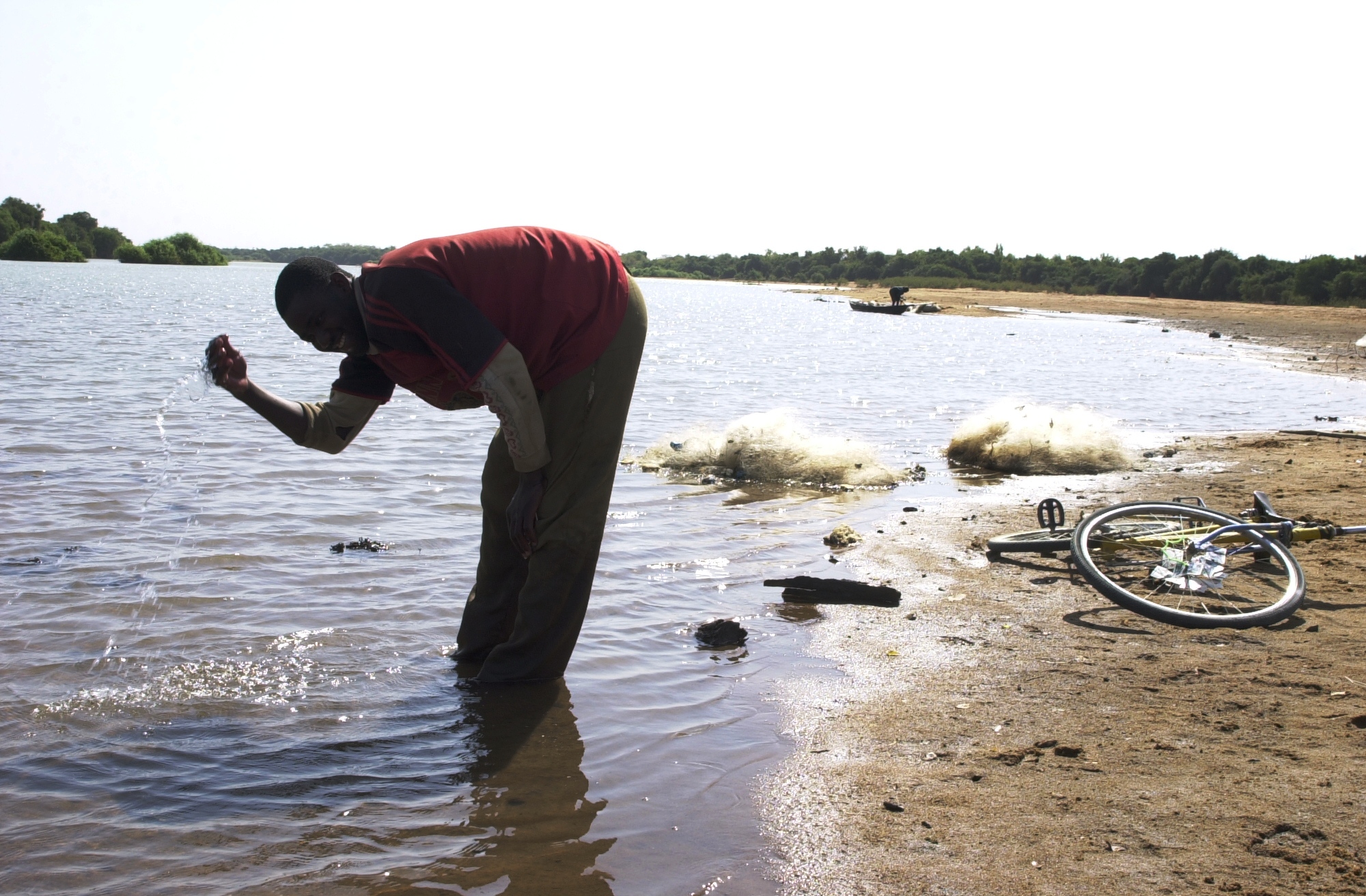


/ West Africa
SDG 6.5.1 reporting exercise in West Africa
GWP WA is coordinating the reporting on the SDG 6.5.1 indicator by UNEP through the SDG 6 IWRM Support Programme with GWP support in the region. Monitoring and reporting on SDG indicator 6.5.1 in countries are based on a self-assessment survey.

/ West Africa
Living and fighting Covid-19
The Regional Secretariat of GWP-WA based in Ouagadougou, Burkina Faso has been following closely the evolution of the coronavirus in the countries of the region.

/ West Africa
GWP-WA to follow up the Water ChangeMakers Awards in West Africa
GWP has launched on World Water Day 2020, March 22 a new initiative that seeks to highlight experiences in the way water decisions have built climate resilience around the world.
/ West Africa
Félicité Vodounhessi Followed Her Childhood Dream to Work in the Development Sector
“Since childhood, I was always in awe of everything related to the development sector. I had the ambition to help the disadvantaged populations in my country and in Africa”, says Félicité Vodounhessi, Programme Officer for GWP West Africa. In celebration of International Women’s Day (IWD2020) she shares her career story on becoming a Water and Rural Equipment Engineer.

/ West Africa
COVID 19: Call from Global Water Partnership West Africa (GWP-WA) for the fight against the pandemic
(Ouagadougou, 7 April 2020) - The World is going through a serious health crisis linked to the spread of Covid 19. The pandemic is affecting almost all African countries, including the 15 West African States.
Covid-19 could seriously affect the nations and populations of West Africa in their daily lives and economic activities given the fragility of health systems, informal economy and precarious urban systems.

/ West Africa
World Water Day: how GWP-WA leverages water for climate action in West Africa
Water and climate change is the theme for celebrating World Water Day 2020 at a time when access to sufficient and safe water for all to meet sustainable development goals by 2030 remains a major challenge in an increasingly critical global climate context.
" I call on all stakeholders to increase climate action and invest in robust adaptation measures for water sustainability. By limiting global heating to 1.5 degrees Celsius, the world will be in a much better position to manage and solve the water crisis that we all face. » (António Guterres, UN Secretary General)

/ West Africa
Togo beneficiaries train to improve income generation
A capacity building activity on the good practices and improved techniques of goat and pig rearing on 19 and 20 December 2019 in Danyi-Apéyémé.

/ West Africa
Burkina Faso farmers train to improve sustainable management and marketing abilities
The 16 members (including 9 women and 7 men) of the Sidwaya association of Ramitenga benefited from a training on Associative Life and the good keeping of administrative and accounting documents on 16, 17 and 18 December 2019.

/ West Africa
Benin, alerts on climate change impacts and ecosystems protection
Mekrou riparian population were alerted on the effects of climate change and the necessary protection of ecosystems at the head of the Mekrou catchment area.
/ West Africa
Guinea, the CWP extends partnership
Strengthening partnership with national stakeholders, the chair of the CWP Guinea with Mr. Ibrahima Sory Camara, Coordinator of the National Focal Structure of the Niger Basin Authority (NBA) in Conakry.